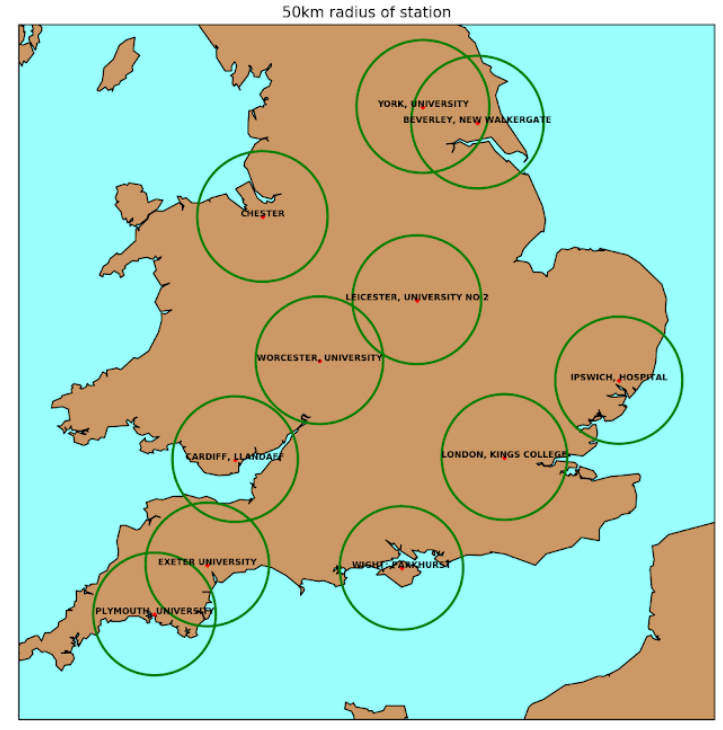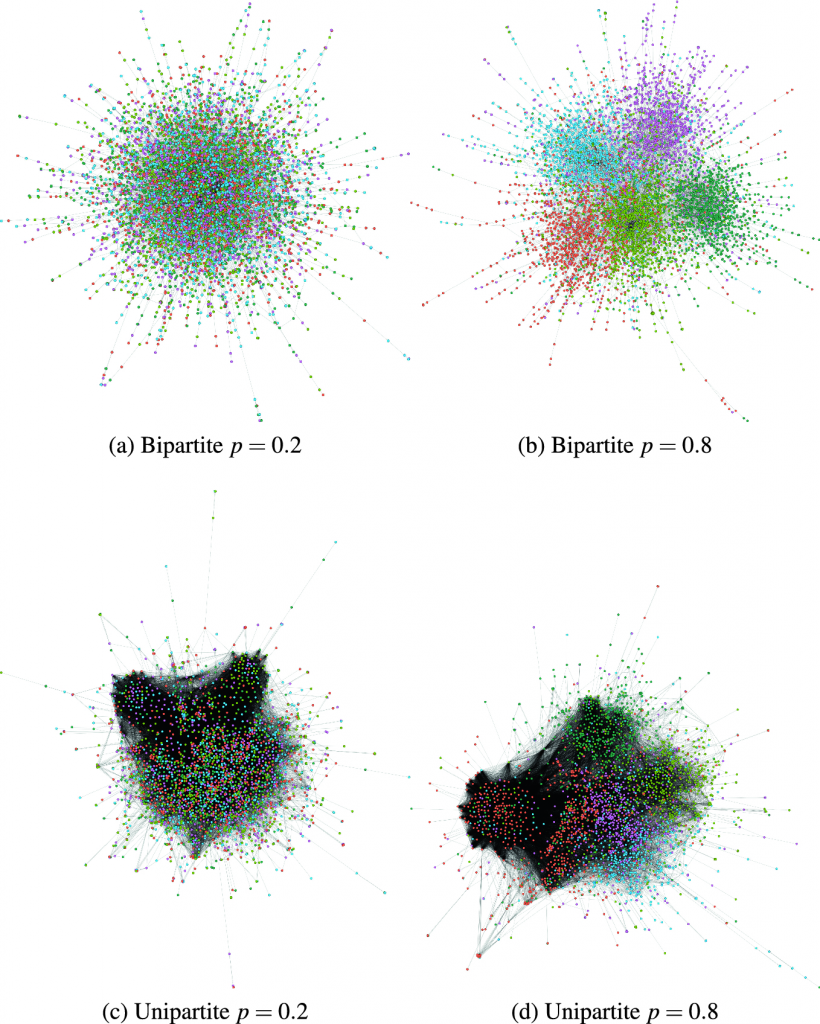New paper available online in Sensors.
@choo: Tracking Pollen and Hayfever in the UK Using Social Media
Allergic rhinitis (hayfever) affects a large proportion of the population in the United Kingdom. Although relatively easily treated with medication, symptoms nonetheless have a substantial adverse effect on wellbeing during the summer pollen season. Provision of accurate pollen forecasts can help sufferers to manage their condition and minimise adverse effects. Current pollen forecasts in the UK are based on a sparse network of pollen monitoring stations. Here, we explore the use of “social sensing” (analysis of unsolicited social media content) as an alternative source of pollen and hayfever observations. We use data from the Twitter platform to generate a dynamic spatial map of pollen levels based on user reports of hayfever symptoms. We show that social sensing alone creates a spatiotemporal pollen measurement with remarkable similarity to measurements taken from the established physical pollen monitoring network. This demonstrates that social sensing of pollen can be accurate, relative to current methods, and suggests a variety of future applications of this method to help hayfever sufferers manage their condition.





